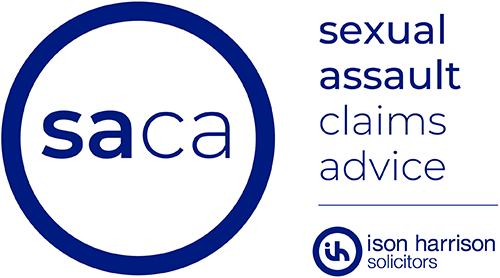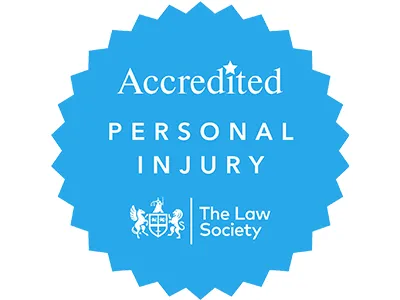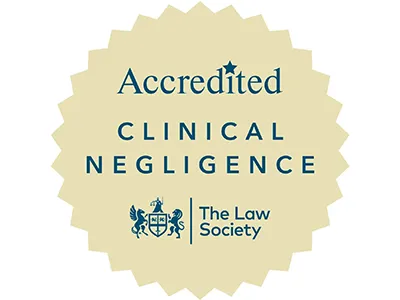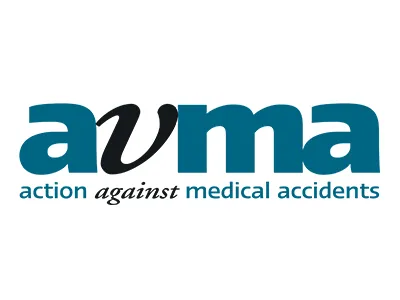The recent BBC Wales report on the case of Dr Velmurugan Kuppuswamy, a locum consultant cardiologist struck off for sexually motivated misconduct towards two junior colleagues, highlights how serious workplace sexual harassment and abuse can be including in healthcare settings. For survivors, reading such reporting can be distressing or validating, and it may raise a difficult but important question:
If this happened to me, what are my legal options?
At Ison Harrison we support survivors of workplace sexual assault across England and Wales. This summary explains your rights and how we work sensitively with those affected.
The Case and Why It Matters
According to the BBC, Dr Kuppuswamy sexually touched, harassed, and sent inappropriate messages to two junior female doctors, referred to as Dr A and Dr B, between August and October 2021. His behaviour included calling a junior colleague a “bad girl”, grabbing her wrist, pulling her towards him, squeezing her waist and hugging her without consent. At a staff accommodation party, he told another junior doctor to “keep doing that sexy dancing for me”, put his hand on her thigh, and squeezed near her groin.
He followed female colleagues, stared at them while they danced, and made further degrading comments, including telling them to use their “chests as paddles” during a ping pong game. A tribunal found his behaviour “sexually motivated,” creating an intimidating and humiliating environment. Although the incidents were reported to police, no criminal charges were brought. The panel also highlighted that he repeatedly referred to his junior colleagues as “girls,” failing to recognise the power imbalance between them.
Cases like this demonstrate that workplace sexual misconduct is not limited to physical assault. It can involve verbal harassment, unwanted attention, misuse of seniority, and intimidating behaviour. Importantly, criminal charges are not required for a survivor to pursue a civil claim.
Your Legal Options
Civil Claim Against the Perpetrator or Employer
You may be able to bring a civil claim either against the perpetrator personally or against the employer responsible for protecting you. When misconduct occurs at work or in employer‑provided accommodation, as in this case, the employer may be vicariously liable. Compensation can cover psychological harm, pain and suffering, therapy costs, and financial losses.
Employer Liability for Failing to Provide a Safe Workplace
Employers must provide a safe working environment, investigate complaints properly, and act to protect staff. Although the health board in this case stated its commitment to a “safe, supportive environment,” many survivors tell us they felt ignored or unsupported.
CICA Claims
The Criminal Injuries Compensation Authority may award compensation even when no criminal charges are brought. This is often a useful route where police investigations do not progress.
Time Limits
Civil claims are usually subject to a three‑year time limit, although courts can extend this in cases of sexual abuse, especially where trauma delayed reporting. CICA claims normally have a two‑year limit, with some exceptions. If you’re unsure, we can advise you confidentially.
How We Support Survivors
We provide a safe, confidential first conversation, clear explanation of your legal options, trauma‑informed case handling, and full support through investigations and negotiations. We work at your pace and respect your boundaries throughout.
If the BBC reporting has resurfaced difficult memories or mirrored your own experience, please know that you are not alone. You may have legal options, and we are here to help.
Contact our specialist team confidentially at www.sexualassaultclaims.co.uk or call 0113 284 5000










